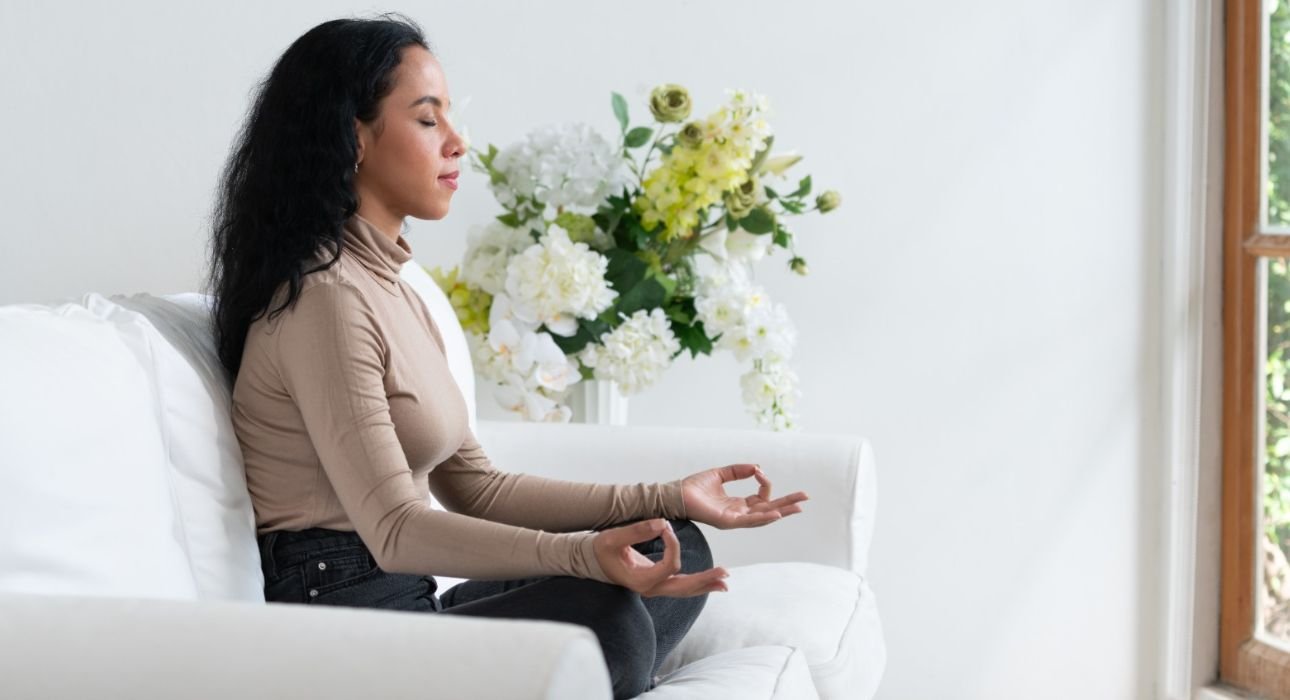The Unseen Shield: What Is Psychological Safety?
Mental health is usually discussed in terms of treatment, recovery, or building individual resilience in modern times. However, one concept that is being taken seriously in both professional and daily life is that of psychological safety—the belief that people thrive when they feel secure to be themselves without the threat of judgment, rejection, or reprisal. Whether you’re in a corporate boardroom, a classroom, or even participating in community initiatives like Coast2Coast First Aid Ottawa, the ability to speak freely and be vulnerable is critical to emotional well-being and personal growth.
Why It Matters More Than Ever
We live in an era of chronic overstimulation, instant communication, and virtual facades. However much individuals are more “connected” than ever, they often feel not heard, invalidated, or misunderstood. This kind of emotional dissonance can undermine our confidence and mental health. Psychological safety acts as a buffer—it facilitates authenticity, more satisfying relationships, and the healthy management of emotions.
When you’re sure that you can speak up without being shut down, admit an error without being mocked, or set a boundary without retaliation, you’re more likely to feel empowered, engaged, and psychologically safe.
Signs of a Psychologically Unsafe Environment
Psychological safety itself may not always be visible, but its absence is often tangible. Spaces that lack it are often filled with tension, passive aggression, or avoidance. Here are some common signs:
- People do not provide feedback, even when it is necessary.
- Individuals are anxious beforehand about speaking up or deciding.
- Mistakes are hidden rather than being utilised as opportunities to learn.
- Vulnerability is met with sarcasm or silence rather than support.
- Mental health issues are stigmatized or dismissed.
Being attuned to these signs early on is crucial in order to enact positive change, whether at work, at home, or in a social group.
Psychological safety contributes to both individual and collective well-being in several important ways:
- Reduces Chronic Stress: People who don’t feel psychologically safe have higher levels of cortisol, the stress hormone. This can lead to anxiety, depression, and even physical illness in the long run.
- Encourages Emotional Expression: When there is trust and openness, individuals are more likely to express how they feel. Expression of emotions in a secure space prevents emotional suppression, which is a significant source of burnout and breakdowns.
- Encourages Meaningful Connection: Deeper relationships have been built in safe spaces: psychologically safe people will likely join, learn, and even empathise on a more real level with one another, either as friends or teams.
Building Psychological Safety in Everyday Life
Thankfully, this doesn’t mean that psychological safety requires being a therapist or a boss. This is how you can make it part of your own life:
1. Practice Non-Judgmental Listening
Give them total attention. Don’t interrupt or mentally prepare a rebuttal while someone is speaking
2. Normalise Experiences
You don’t necessarily have to agree with whatever someone says, just recognise the fact that what he or she feels matters and that their perspective should be given sympathy
3. Encourage Openness
Make it safe for honesty. Open up to it. If someone happens to speak up about his or her idea or concern, be thankful for that, even if it’s hard to digest
4. Normalise Mistakes
Be vulnerable when you are wrong or do not know everything. This builds a culture for learning, not fear.
5. Use Inclusive Language
Small changes in how we speak (e.g., saying “we” instead of “you should”) can make others feel more involved and less defensive.
The Role of Community and Training
The Community and Training Project, such programs as community engagement and public preparedness, may also enable psychological safety. For example, learning CPR and mental health first aid among community groups also builds competence, but more importantly, confidence in crisis response.
Final Thoughts: Make Space for Safety
Psychological safety isn’t a luxury—it’s a foundation. Whether you’re trying to thrive at work, deepen a relationship, or support a friend going through a tough time, creating safe emotional environments can transform the way we live, connect, and heal. In a world that often moves too fast and listens too little, choosing to be a safe space for others might just be the most radical act of care.
